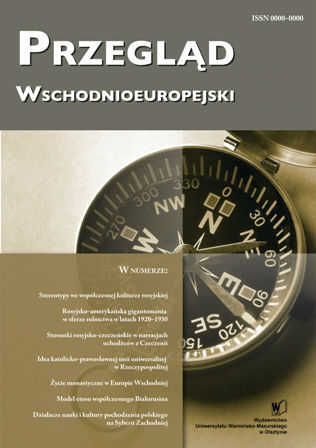Struktura predykatowo-argumentowa polskich i bułgarskich czasowników sfery emocjonalnej oraz ich analitycznych odpowiedników
The predicate-argument structure of Polish and Bulgarian verbs of emotion and their analytical equivalents
Author(s): Julia Mazurkiewicz-Sułkowska, Agnieszka ZatorskaSubject(s): Theoretical Linguistics, Applied Linguistics
Published by: Wydawnictwo Uniwersytetu Warmińsko-Mazurskiego w Olsztynie
Keywords: predicate-argument structure; verbs of emotions; analytical forms; Polish; Bulgarian
Summary/Abstract: In this paper, the authors present selected issues connected with realizationsof semantic structures composed of predicates of emotion which are represented by verbaland analytical items in the examined data. The aim of the study is to show similarities anddifferences between the Bulgarian and Polish material in such matters as the syntax and thesemantic structures of verbs of emotion, and their tendency to entail the propositional contentin a different form, e.g.: as the clause, the nominal phrase and other items, as parts of the basicsemantic structure. The authors hope that the investigation will demonstrate the phenomenonof “empty place” determined by the verbal or analytical item as the realization of the core predicateand its restrictions. The paper is connected with the project directed by M. Korytkowska. In theproject, the authors of this paper collaborate together with M. Korytkowska and A. Kiklewicz.
Journal: Przegląd Wschodnioeuropejski
- Issue Year: IX/2018
- Issue No: 1
- Page Range: 177-192
- Page Count: 16
- Language: Polish

